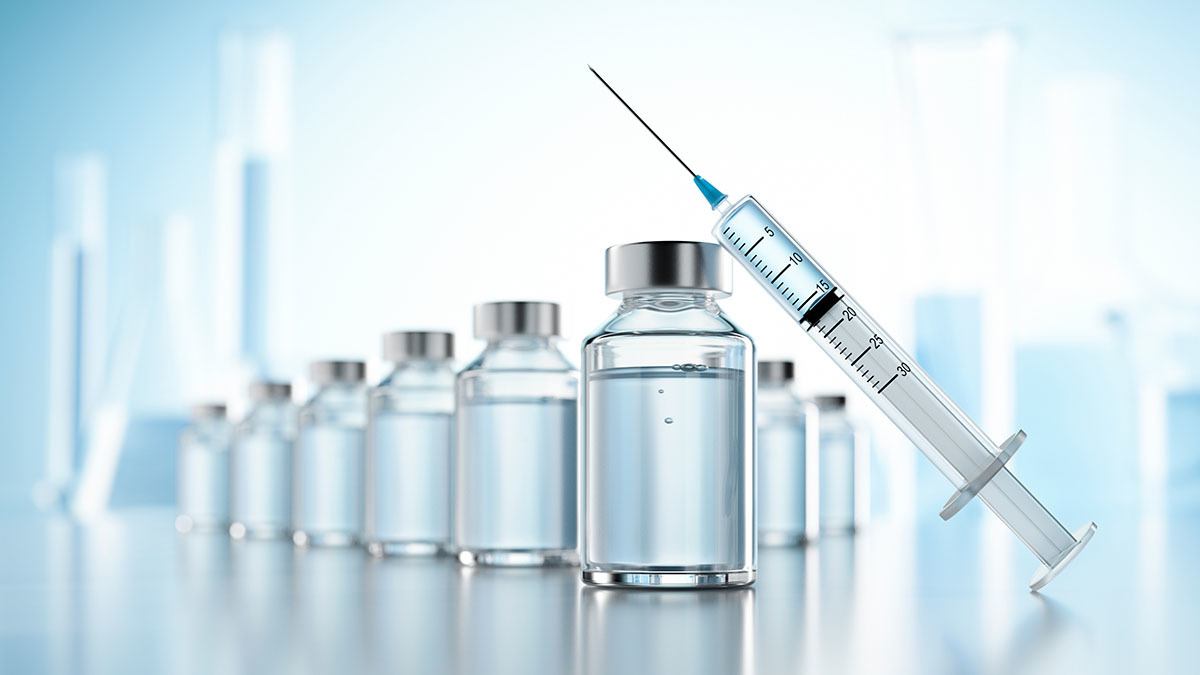USP Polymer Residual Monomer Testing
The United States Pharmacopeia (USP) is a scientific organization that develops and publishes public standards for medicines. One of the critical tests within this framework focuses on residual monomers in polymers used in pharmaceutical packaging materials. These monomers, if present above acceptable levels, can leach into medications or other products, posing potential health risks.
Polymer resins are fundamental components in drug delivery systems and packaging for various drugs. Ensuring that these materials meet stringent standards is vital to maintaining product integrity and patient safety. USP compliant testing methods provide a standardized approach to measure the level of residual monomers, ensuring they do not exceed permissible limits.
The testing involves several critical steps, including sample preparation, extraction, purification, and analysis using high-performance liquid chromatography (HPLC). This process ensures accurate quantification of residual monomer levels. The USP guidelines specify the acceptable limits based on the type of polymer used in drug packaging or delivery systems.
Our laboratory uses state-of-the-art equipment to conduct these tests, ensuring precision and reliability. For instance, we employ an Agilent 1260 Infinity LC system with a Diode Array Detector (DAD) for comprehensive analysis. This setup allows us to detect trace levels of monomers that could otherwise go undetected by less sensitive instruments.
The importance of this testing cannot be overstated, especially in the pharmaceutical sector where even minute quantities of residual monomers can lead to significant issues. For instance, excess monomer content has been linked to allergic reactions and other adverse effects on patients. By adhering strictly to USP standards, we ensure that our clients receive accurate results aligned with international regulatory requirements.
Our team of experts ensures thorough quality control throughout the testing process. From initial sample collection to final report generation, every step is meticulously documented and reviewed. This approach guarantees not only compliance but also peace of mind for our customers, knowing their products meet stringent safety standards.
In conclusion, USP polymer residual monomer testing plays a crucial role in ensuring the quality and safety of pharmaceutical packaging materials. By leveraging advanced analytical techniques and adhering rigorously to established protocols, we provide reliable results that help maintain trust in the medical industry.
Eurolab Advantages
At Eurolab, our commitment to excellence extends beyond just meeting regulatory standards; it encompasses providing comprehensive support tailored specifically for your needs. Our experienced team of scientists and engineers brings deep expertise in polymer science and pharmaceutical testing, ensuring accurate results every time.
We invest heavily in cutting-edge technology and continuous professional development to stay at the forefront of our field. With multiple accredited laboratories across Europe, we offer flexible scheduling options to accommodate your tight deadlines without compromising on quality.
Our clients benefit from detailed reports accompanied by insights into how results impact compliance with relevant regulations. We also provide recommendations for improving product formulations or manufacturing processes based on test outcomes. This proactive approach helps ensure continuous improvement within the supply chain.
In summary, choosing Eurolab means partnering with a trusted partner who understands both your business goals and regulatory requirements. Our services are designed to simplify complex testing procedures while delivering actionable intelligence that drives better decision-making throughout the pharmaceutical industry.
Quality and Reliability Assurance
Ensuring the quality and reliability of our USP polymer residual monomer testing services is paramount to Eurolab. We adhere strictly to ISO/IEC 17025:2017 standards, which set internationally recognized criteria for proficiency in scientific testing laboratories.
This certification guarantees that all procedures followed during testing are robust and reproducible. Our rigorous quality management system ensures consistency across each stage of the process—from sample receipt through analysis up until final report generation.
Moreover, we maintain strict adherence to USP General Chapter General Chapters, particularly those addressing extraction and quantification methodologies. By doing so, we ensure that our results are not only accurate but also consistent with established benchmarks.
Our quality assurance measures extend beyond laboratory protocols; they include regular calibration of equipment, participation in proficiency testing programs recognized worldwide, and ongoing training for staff members to stay updated on new developments within the field. These efforts collectively contribute towards maintaining high standards throughout our operations.
Customer Impact and Satisfaction
The impact of reliable USP polymer residual monomer testing extends far beyond compliance—it significantly enhances customer satisfaction by fostering trust in the pharmaceutical supply chain. When manufacturers know their products meet stringent safety standards, they can confidently offer them to healthcare providers and consumers.
For quality managers and compliance officers responsible for ensuring adherence to regulatory requirements, accurate test results provide valuable assurance that their efforts are paying off. This peace of mind translates directly into enhanced customer confidence and loyalty.
R&D engineers involved in developing innovative drug delivery systems also benefit from our services as they gain insights into potential risks associated with certain materials. Armed with this knowledge, they can make informed decisions about material selection and process optimization, ultimately leading to improved product performance.
For procurement teams sourcing raw materials for pharmaceutical packaging or manufacturing processes, reliable testing results help ensure consistent quality from suppliers. This reduces the risk of substandard materials compromising product integrity, thereby protecting both brand reputation and patient safety.
In summary, by leveraging our expertise in USP polymer residual monomer testing, customers gain a competitive edge through enhanced product quality and reduced risks associated with non-compliance. Our commitment to excellence ensures that every aspect of the supply chain operates seamlessly towards achieving shared goals.





